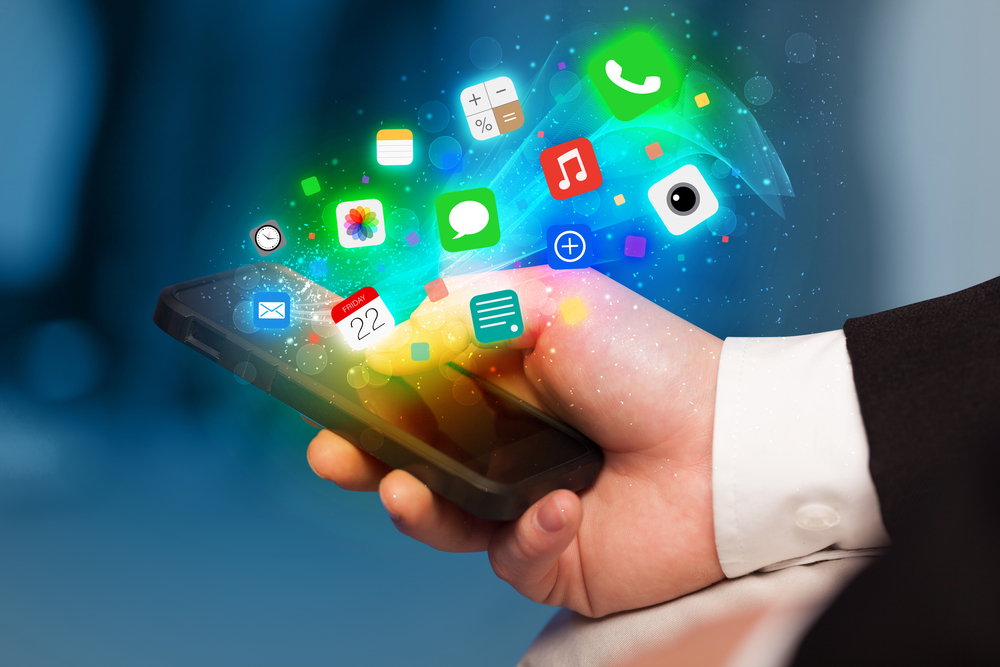

Getting connected to the Internet used to involve numerous rituals and pieces of equipment that now seem archaic and unnecessary.
Dialling up your ISP, disconnecting when someone wanted to use the phone and sign-up discs have all been consigned to history and physical wires are becoming less and less commonplace as Wi-Fi becomes increasingly available at home, at work and on the move.
Communications providers are building nationwide networks of hotspots, boosted by ‘homespot’ technology that turns home routers into public access points. Wi-Fi aggregator iPass estimates there are more than 104 million hotspots around the world and expects this will rise to 340 million by 2018.
Wi-Fi has enabled us to use our laptops, mobile devices and a host of other devices wherever we want, powering mobile working and reducing clutter. It will even play a role in the next stage of networking – the Internet of Things (IoT).
But what do you know about Wi-Fi?
American space agency prepares for testing of Boeing's Starliner, to ensure it has two space…
As UK and Europe develop closer military ties, European Commission says it will invest €1.3…
Zuckerberg seeks to revive Facebook's original spirit, as Meta launches Facebook Friends tab, so users…
Notable development for Meta, after appeal against 2021 WhatsApp privacy fine is backed by advisor…
First sign of shake-up under new CEO Lip-Bu Tan? Three Intel board members confirm they…
Trump's nominee for SEC Chairman, Paul Atkins, has pledged a “rational, coherent, and principled approach”…